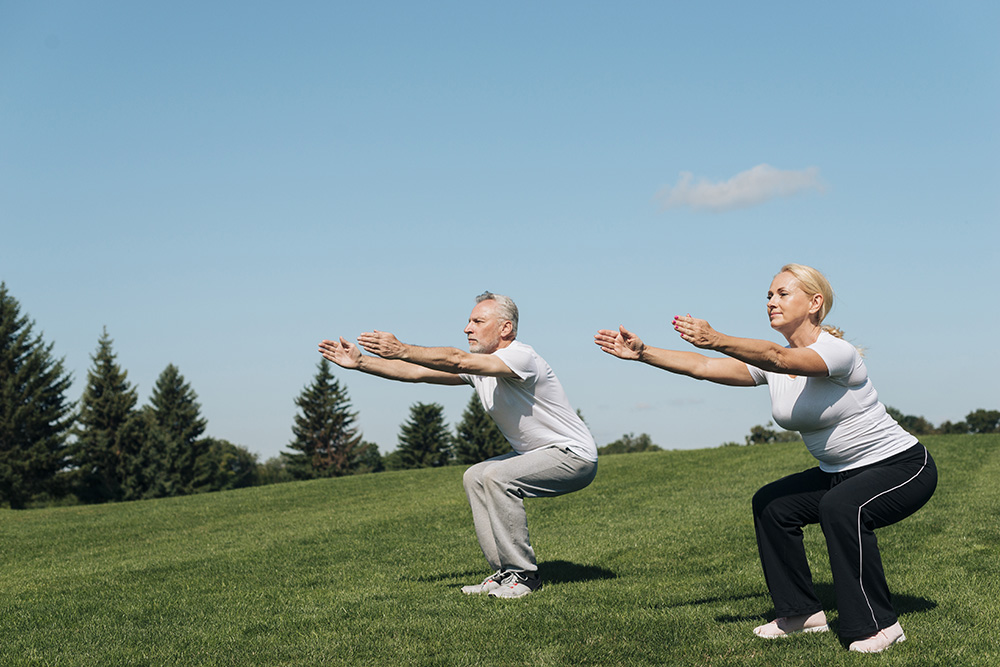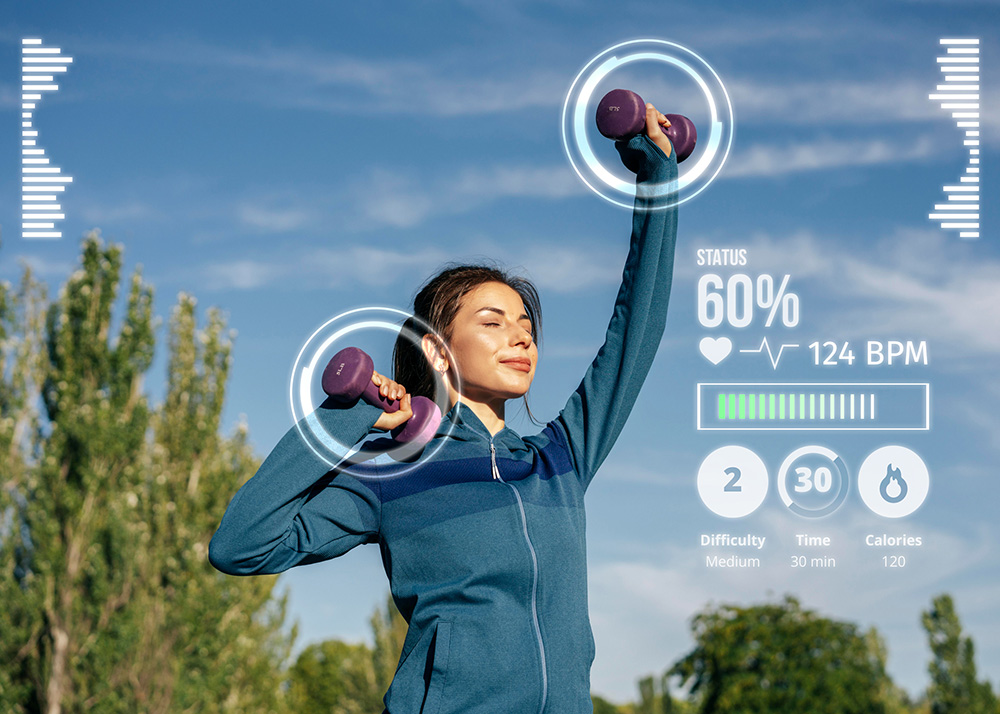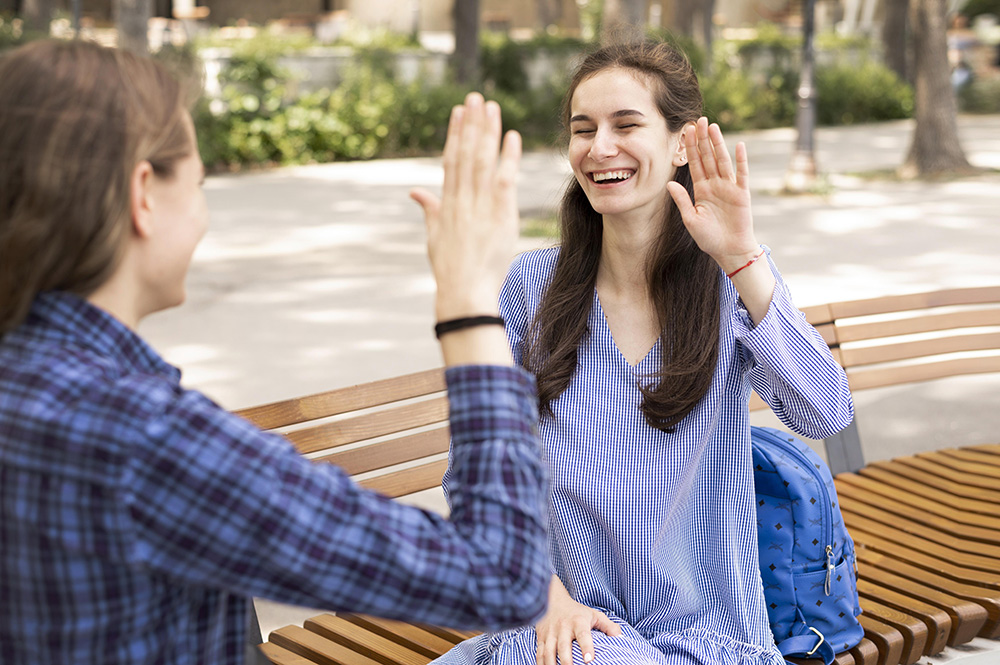
As we age, maintaining balance and stability becomes increasingly important to prevent falls and injuries. According to the Centers for Disease Control and Prevention (CDC), falls are the leading cause of injury-related deaths among adults aged 65 and older [1]. However, regular exercise can help improve balance, strength, and coordination, reducing the risk of falls and promoting overall well-being in seniors. In this article, we'll explore the top 6 exercises every senior should incorporate into their routine for better balance.
1. Single Leg Stance
The single-leg stance is a simple yet effective exercise that challenges balance and improves stability. To perform this exercise, stand with your feet hip-width apart, then slowly lift one foot off the ground, balancing on the other leg. Hold this position for 10-15 seconds, then switch legs. As you become more comfortable with the exercise, try to increase the duration of the hold or perform the stance with your eyes closed for an added challenge [2].
2. Heel-to-Toe Walk
The heel-to-toe walk, also known as the tandem walk, helps improve balance and coordination. Begin by standing with your feet together, then place one foot directly in front of the other, with your heel touching the toes of the back foot. Continue walking forward in this manner for 10-15 steps, then turn around and walk back. Focus on maintaining a straight line and keeping your balance throughout the exercise.
3. Tai Chi
Tai Chi is a gentle, low-impact form of exercise that combines slow, fluid movements with deep breathing and meditation. This ancient Chinese practice has been shown to improve balance, flexibility, and overall well-being in seniors [3]. Many community centers, parks, and senior centers offer Tai Chi classes specifically designed for older adults. Incorporating Tai Chi into your weekly routine can enhance balance, reduce stress, and promote relaxation.
4. Chair Squats
Squats are an excellent exercise for strengthening the legs and core muscles, which are crucial for maintaining balance. However, traditional squats may be challenging or unsafe for some seniors. Chair squats provide a safe alternative, allowing you to build strength and stability using a chair for support. Stand in front of a sturdy chair with your feet shoulder-width apart to perform a chair squat. Slowly lower yourself as if you were going to sit in the chair, keeping your back straight and your weight in your heels. Gently tap the chair with your buttocks, then push back up to a standing position. Repeat for 10-15 repetitions.
5. Standing Marches
Standing marches are a great way to improve balance, coordination, and leg strength. To perform this exercise, stand with your feet hip-width apart, holding onto a sturdy chair or countertop for support if needed. Slowly lift one knee up towards your chest, as if you were marching in place. Lower the leg back down and repeat with the opposite leg. Perform 10-15 marches on each leg, focusing on maintaining your balance and keeping your core engaged.
6. Yoga
Yoga is another low-impact form of exercise that can help seniors improve balance, flexibility, and strength. Many yoga poses, such as Tree Pose and Warrior III, specifically target balance and stability. Yoga also emphasizes deep breathing and mindfulness, promoting relaxation and stress reduction. Look for gentle yoga classes designed for seniors, or consider practicing yoga at home using instructional videos or online resources. Remember to listen to your body and modify poses as needed to ensure safety and comfort.
Conclusion
Incorporating these six exercises into your regular routine can help improve balance, reduce the risk of falls, and promote overall well-being as you age. Remember to start slowly and progress gradually, always prioritizing safety and listening to your body. Consult with your healthcare provider before starting any new exercise program, especially if you have pre-existing health conditions or concerns. With consistent practice and dedication, you can maintain and improve your balance, allowing you to stay active, independent, and confident in your daily life.
References
- Centers for Disease Control and Prevention. (2020). Falls Prevention Facts. https://www.cdc.gov/falls/facts.html
- Bohannon, R. W. (2006). Single Limb Stance Times: A Descriptive Meta-Analysis of Data From Individuals at Least 60 Years of Age. Topics in Geriatric Rehabilitation, 22(1), 70-77. https://doi.org/10.1097/00013614-200601000-00010
- Li, F., Harmer, P., Fisher, K. J., McAuley, E., Chaumeton, N., Eckstrom, E., & Wilson, N. L. (2005). Tai Chi and Fall Reductions in Older Adults: A Randomized Controlled Trial. The Journals of Gerontology: Series A, 60(2), 187-194. https://doi.org/10.1093/gerona/60.2.187
Latest Posts
-
1
-
2
-
3
-
4
-
5





